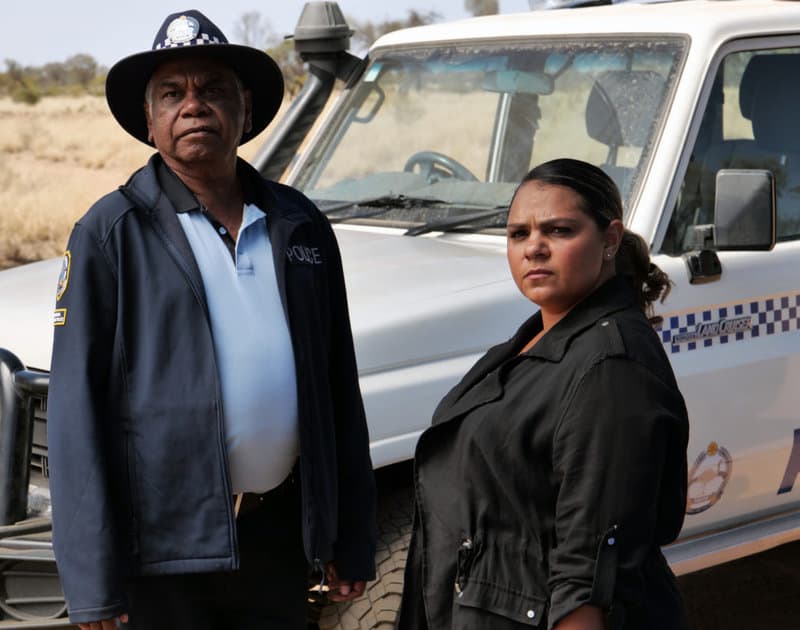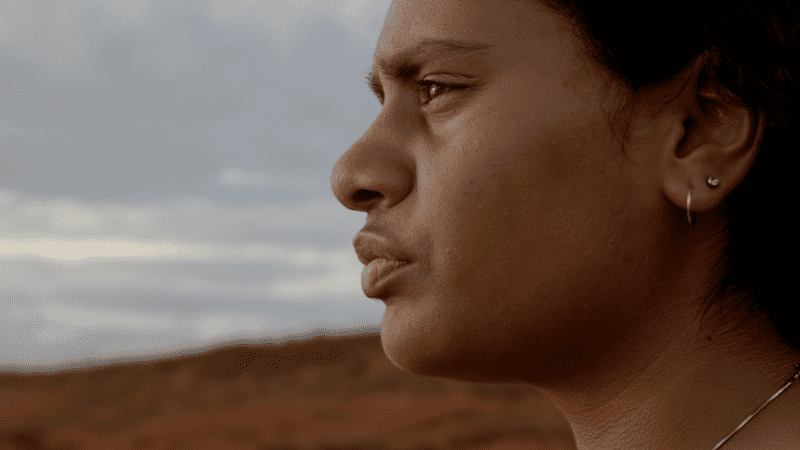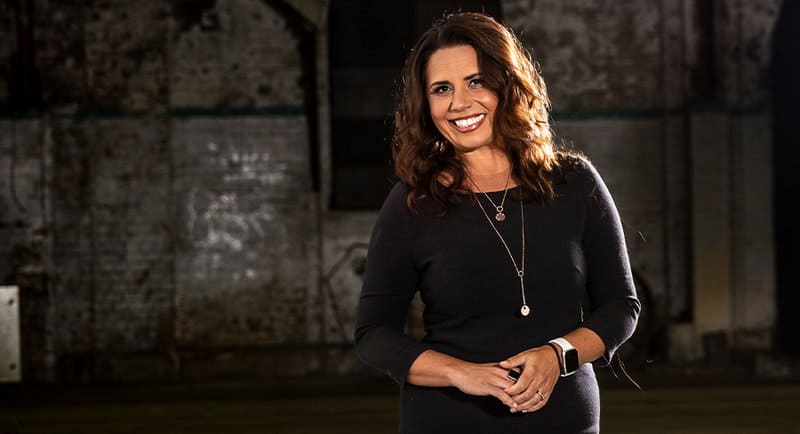As NAIDOC Week comes to an end for 2022, SBS will be celebrating well into the rest of the year and beyond. With a number of program highlights, the 10th anniversary of NITV becoming available on free to air, and the implementation of SBS’s Reconciliation Action Plan, there’s a lot to keep SBS’s director of Indigenous content, Tanya Denning-Orman, busy.
Mediaweek spoke to Denning-Orman as NAIDOC Week wraps up for another year.
In amongst a number of major events on the SBS calendar, Denning-Orman says that NAIDOC Week is particularly important.
“It’s massive for us, it’s one of the big things on the agenda. We’ve been the national broadcast partner for NAIDOC week for the last four years – officially for three, we had the Covid hump. It’s so exciting.”
With a packed schedule of programming that Denning-Orman says runs from “dusk to dawn,” there are a few standout program highlights.
“True Colours is our first drama co-production series that we’ve ever done with SBS and NITV, so that is super exciting.

Warren H Williams and Rarriwuy Hick in True Colours
“Then of course, every day we’re waking up very, very early with Big Mob Brekky, and putting the black into morning television every single morning.
“This is our third year, we’re hoping maybe we can bring that full time at some point as we continue to grow and generate our revenue.”
There are also programs specifically hitting the airwaves in NAIDOC Week.
“We’ve got this beautiful series, Off Country, it’s an observational documentary series done from the prestigious Geelong Grammar School in Victoria. That’s a solely NITV commission. It can take your breath away, our next generation and the exciting future we’ve got.

Off Country
“We finish our NAIDOC Week with a remastered version of the film Ningla A-Na. When we’re talking about the theme this year for NAIDOC Week – get up, stand up show up – it’s really about what we need to do as a country to make a difference. It was 50 years ago that we put out a couple of umbrellas and the Aboriginal tent embassy in Canberra was born.
“From breakfast TV to factual programming, drama series, and documentaries, we have it all covered.”
2022 is a particularly special year for NITV, marking 10 years since the channel became available free to air, after initially launching in 2007.
“I am so excited,” says Denning-Orman. “It’s 10 years since we walked in the door of SBS this week, actually. We had six months to move in and get the digital signal up and running. Then we had this little channel launched to all Australians, and what better way to do that than from the heart of the nation, Uluru, on 12/12/12 at 12pm. We thought well, people can never forget the day!”
Although 10 years may not be long compared to other stations, Denning-Orman says that NITV has packed a lot of punch into a short time.
“Looking back, NITV has always been a truly authentic player in the Australian media landscape. What I mean by that is that it’s us behind the scenes making the decisions that are crafting the content, and delivering the content the way our community has wanted it. In a world where we never saw ourselves, including on mainstream television – and even when we were, how our narrative was displayed – it’s so critical for us to exist.”
Then, of course, there are the success stories.
“Brooke Boney got her television start with us. Tony Armstrong, the most popular talent, he had his first two years of television on NITV. Of course, they’re the ones who work hard, but we’ve allowed that stepping stone where maybe mainstream media are just not investing in that space well enough.
“We are winning awards becasue the audiences and people want something different. We’re here, and other broadcasters are looking at us and doing similar content. We’re flattered with that.”
Earlier this year – during National Reconciliation Week – SBS released its Elevate Reconciliation Action Plan (RAP) 2022-2026.
The plan outlines the station’s commitment to increasing the prominence of Aboriginal and Torres Strait Islander stories and perspectives, including delivering more First Nations content in more than 60 languages, across the network.
“We are speechless at how big an aspiration is,” says Denning-Orman. “To actually have the building blocks, and to now be in a position where we’re really stretching this organisation at SBS into a world that we only dreamed of in the initial years of NITV. We’re committed to delivering our content in different languages and connecting the oldest continueous culture on the planet with the newest Australians. No other network in the world can do what we’re doing.”
At the heart of it all is language, something that Denning-Orman says is becoming more and more sought out by both Indigenous and non-Indigenous Australians.
“For me, the most critical point of our commitment – which I believe other networks are really going to be looking at – is how we’re coming along the journey with our communities when it comes to First Nation languages. We’ve got more and more councils, schools, and communities that are really wanting to go further in understanding the land that they’re on and the communities that they’re a part of. Language is a really important factor in that. In our role we communicate daily, and to have a RAP where we’re committed to growing First Nations languages is brilliant.
“We’re entertaining people and we’re also changing the world. What more can you ask for from a public broadcaster?”
